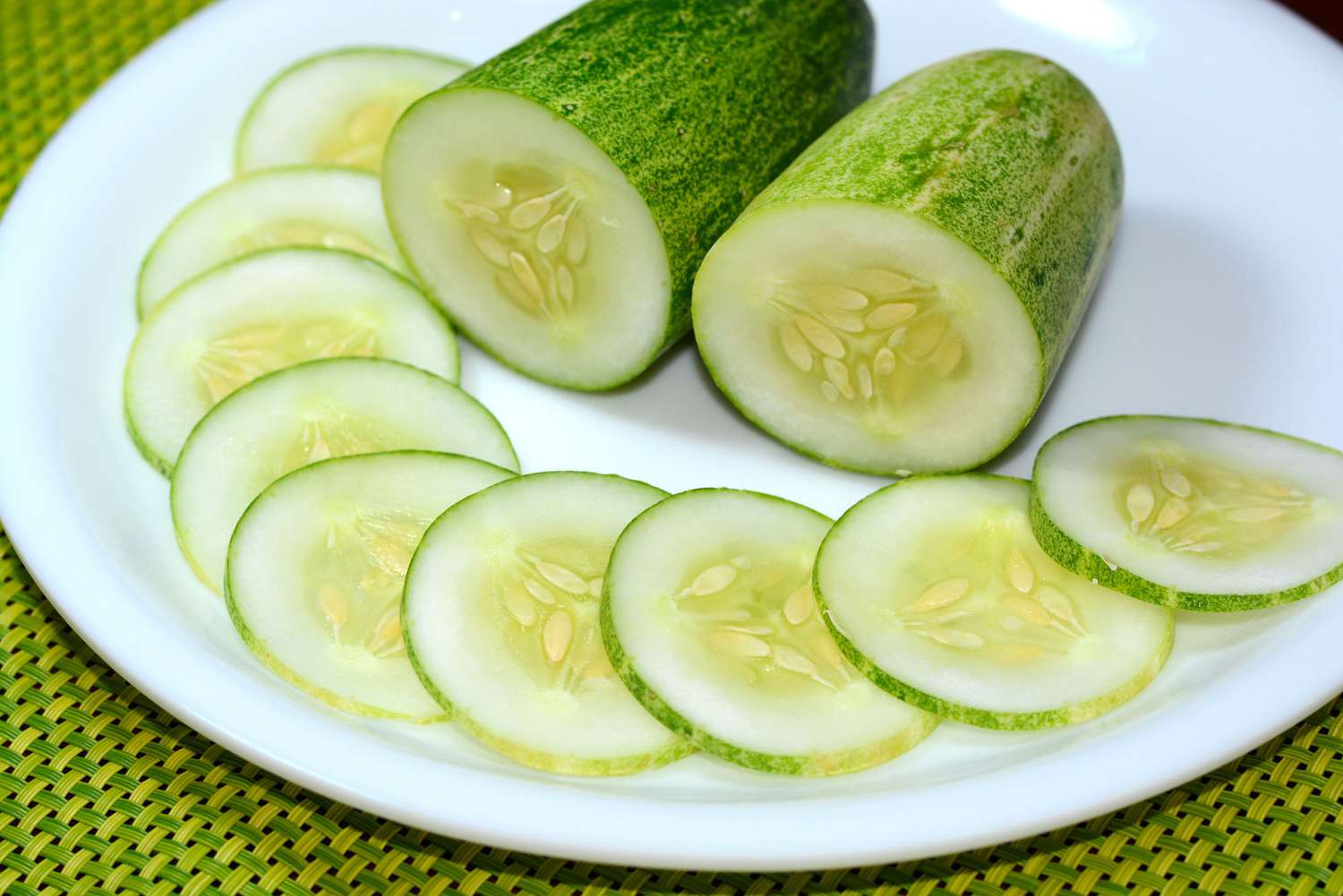
Field cucumbers are more than just a crunchy addition to salads. These green wonders pack a punch of nutrition and history. Ever wondered where they come from or how they benefit your health? Field cucumbers originated in India over 3,000 years ago and have since spread worldwide. They are low in calories but high in vitamins and minerals, making them a great snack for anyone watching their diet. Plus, they are 95% water, helping you stay hydrated. From ancient remedies to modern kitchens, these versatile veggies have a lot to offer. Ready to learn more? Let's dive into 25 fascinating facts about field cucumbers!
Key Takeaways:
- Field cucumbers are 95% water, making them a hydrating and low-calorie snack. They are rich in vitamins and antioxidants, offering health benefits like weight loss and improved digestion.
- Field cucumbers are versatile and can be used in salads, pickles, smoothies, and even beauty treatments. They have a fascinating history, originating in India and brought to the Americas by Christopher Columbus.
What is a Field Cucumber?
Field cucumbers are a popular vegetable known for their crisp texture and refreshing taste. They are often used in salads, sandwiches, and pickles. Let's dive into some fascinating facts about this versatile veggie.
-
Field cucumbers belong to the Cucurbitaceae family, which includes melons, squash, and pumpkins.
-
They are typically grown outdoors in fields, unlike greenhouse cucumbers which are cultivated indoors.
-
The scientific name for the field cucumber is Cucumis sativus.
-
Field cucumbers are usually longer and have a thicker skin compared to their greenhouse counterparts.
Nutritional Benefits of Field Cucumbers
Field cucumbers are not just tasty; they are also packed with nutrients that can benefit your health. Here are some nutritional facts about them.
-
They are composed of about 95% water, making them an excellent hydrating snack.
-
Field cucumbers are low in calories, with only about 16 calories per cup.
-
They are a good source of vitamins C and K, which are essential for immune function and blood clotting.
-
Cucumbers contain antioxidants like beta-carotene and flavonoids that help fight free radicals in the body.
Growing Field Cucumbers
Growing field cucumbers can be a rewarding experience. Here are some interesting facts about their cultivation.
-
They thrive in warm weather and require full sunlight for optimal growth.
-
Field cucumbers need well-drained soil rich in organic matter to grow properly.
-
They are typically planted in rows, with each plant spaced about 12 inches apart.
-
It takes about 50 to 70 days for field cucumbers to mature from seed to harvest.
Uses of Field Cucumbers
Field cucumbers are incredibly versatile and can be used in various culinary applications. Here are some ways they are commonly used.
-
They are often sliced and added to salads for a refreshing crunch.
-
Field cucumbers can be pickled to make delicious dill or bread-and-butter pickles.
-
They are sometimes used in smoothies for an extra hydrating boost.
-
Cucumbers can be spiralized to create cucumber noodles, a low-carb alternative to pasta.
Fun Facts About Field Cucumbers
Field cucumbers have some quirky and fun facts that might surprise you. Let's take a look at a few.
-
The phrase "cool as a cucumber" comes from the cucumber's ability to cool the temperature of the blood.
-
Cucumbers have been cultivated for over 3,000 years, originating in India.
-
They were brought to the Americas by Christopher Columbus in the late 15th century.
-
In some cultures, cucumbers are used in beauty treatments to reduce puffiness and hydrate the skin.
Health Benefits of Field Cucumbers
Field cucumbers offer several health benefits beyond their nutritional content. Here are some health-related facts.
-
They can help in weight loss due to their low calorie and high water content.
-
Cucumbers may aid in digestion because they contain fiber, which promotes regular bowel movements.
-
The antioxidants in cucumbers can help reduce inflammation in the body.
-
They may help lower blood sugar levels, making them a good choice for people with diabetes.
-
Cucumbers can promote heart health by reducing blood pressure and cholesterol levels.
Final Thoughts on Field Cucumbers
Field cucumbers aren't just crunchy and refreshing; they're packed with nutrients and health benefits. From aiding hydration to providing essential vitamins, these green wonders are a fantastic addition to any diet. They can be enjoyed in various ways, whether in salads, sandwiches, or even as a low-calorie snack. Plus, their antioxidant properties help combat free radicals, promoting overall well-being.
Growing them in your garden is relatively easy, making them accessible for anyone interested in home gardening. With their low-calorie content and high water percentage, field cucumbers are perfect for those looking to maintain a healthy lifestyle. So next time you're at the grocery store or planning your garden, consider adding field cucumbers to your list. Your body will thank you!
Frequently Asked Questions
Was this page helpful?
Our commitment to delivering trustworthy and engaging content is at the heart of what we do. Each fact on our site is contributed by real users like you, bringing a wealth of diverse insights and information. To ensure the highest standards of accuracy and reliability, our dedicated editors meticulously review each submission. This process guarantees that the facts we share are not only fascinating but also credible. Trust in our commitment to quality and authenticity as you explore and learn with us.


